‘The Lord God walking in the garden in the cool of the day’: surely one of the most beautiful images in all writing. One might have thought that it would have softened the Almighty’s mood, so that He would have given Adam and Eve a mere ticking-off for scrumping. But no: that stroll ended in the doctrine of original sin. For those who suffer under it, there is one aesthetic relief from stifling, humid heat: stucco seen through green-leaved branches. That combination refreshes the soul. It works even better, of course, if lesser regions have a less aesthetic form of refreshment: the cool of the glass.
In pursuit of garden wines, I have been drinking a lot of Soave and trying to learn more about it. My ignorance extended to the very name. I had assumed that it was the Italian for an enhanced version of suave. It actually comes from the village of Soave, whose three alluring, musical syllables turn into three graces, who salute the quality of life as it is understood among the rich landscape and long history of the Veneto.
On the subject of enticing names, the house of Pieropan sounds like a fusion of Peter super hanc petram and the god Pan. They make excellent Soave: the perfect accompaniment for St Peter’s catch in his earlier days. It tends to be at the top of the Soave price-range, but justifiably. The story of Pieropan is a charming one. The first winemaker started out as the local physician and then took up a much more important health–related vocation. His descendants still run the firm, in the way that family wine businesses should operate, under the benign sway of a further three graces: tradition, expertise and love.
The principal grape is Garganeta, which is also used to produce recioto di Soave, a dessert wine. In recent years, inspired by the Pieropans’ sucess, other vignerons have come to the market. Some use only Garganeta. Others have invested in French oak barrels. There have been attempts to produce longer-lasting bottles. So Soave deserves more attention. It is more than a simple summer quaffing–wine. A trip is called for, once the plague abates.
After all, it is not far from Verona. Is there a gentler, more seductive, more Edenic great city? This is an original sin-free zone. The cherubim have neglected their sentry duty. Perhaps they are drinking Soave in an enoteca. Yet despite being the least appropriate setting for tragedy, the city will always be associated with Romeo and Juliet, the one Shakespeare play which can be modernised without wrecking it. Romeo is about doomed youth: two beautiful youngsters whose lives are destroyed by the grown-ups’ cruelty, when all they needed was love. So there is no need to violate the author’s intentions. Who is going to produce a Shrew which acknowledges that Kate was tamed?
Verona is full of delights. Decades ago, visitors could touch the bronze doors of San Zeno. I once witnessed the arrival of a coach-load of Germans, some of whom actually started tugging at the high-relief work, no doubt in search of souvenirs. Although I was ready to lay down my life for those doors, and wished for a flaming sword, only verbal violence was necessary. When I expatiated on the theme of German tourists carry-ing on the work of the SS and the Luftwaffe in the next assault on European civilisation, enough of the barbarians knew enough English to lead a retreat to the coach. My dander up, I went in search of the church authorities, to tell them that if they could not take better care of these glories, they ought to send them to the V&A. I remember that they seemed a bit hurt. Anyway, the doors survive.
Got something to add? Join the discussion and comment below.
Get 10 issues for just $10
Subscribe to The Spectator Australia today for the next 10 magazine issues, plus full online access, for just $10.
You might disagree with half of it, but you’ll enjoy reading all of it. Try your first month for free, then just $2 a week for the remainder of your first year.


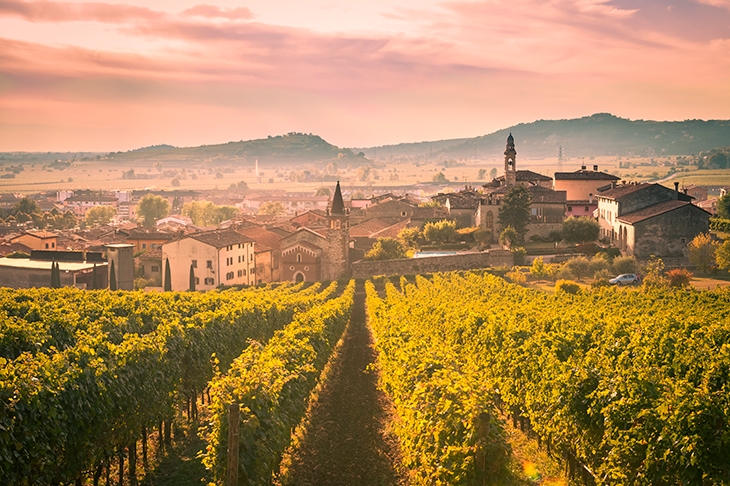
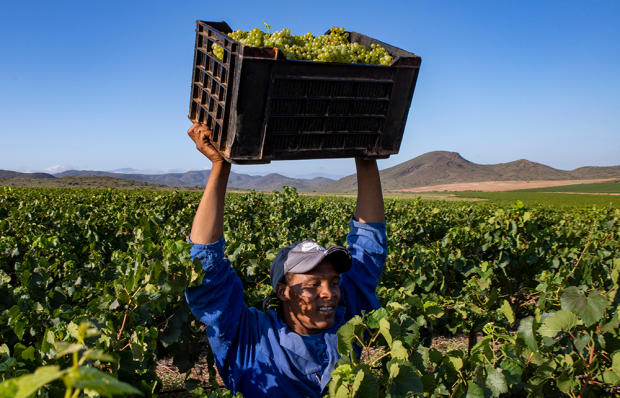
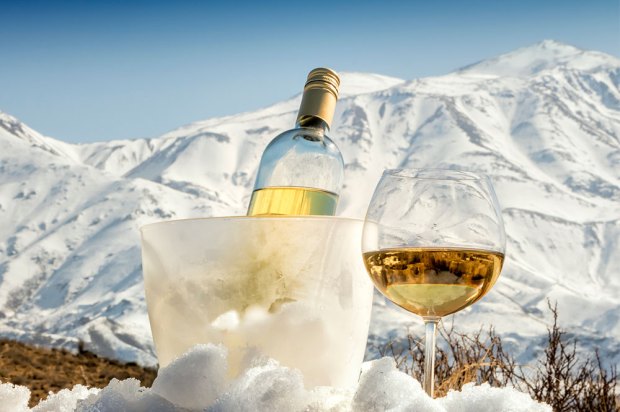
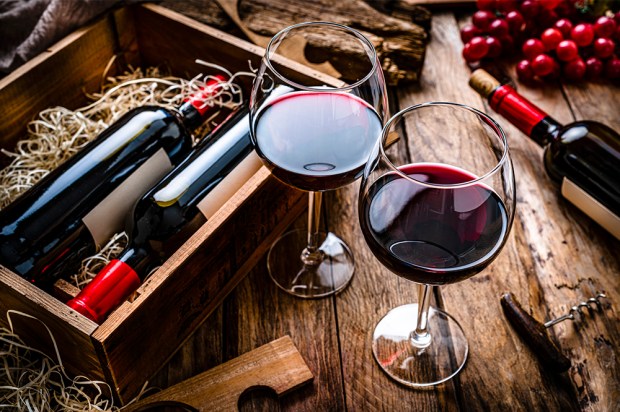
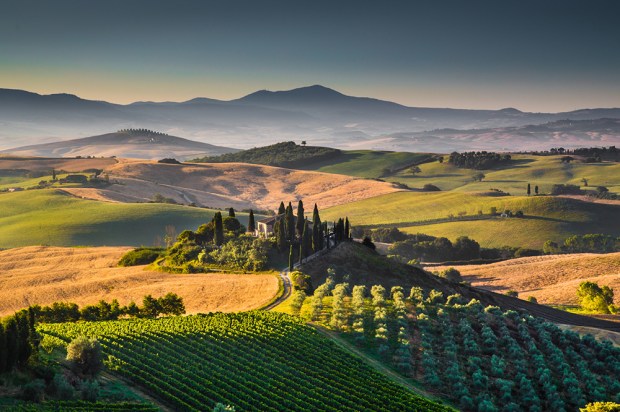








Comments
Don't miss out
Join the conversation with other Spectator Australia readers. Subscribe to leave a comment.
SUBSCRIBEAlready a subscriber? Log in